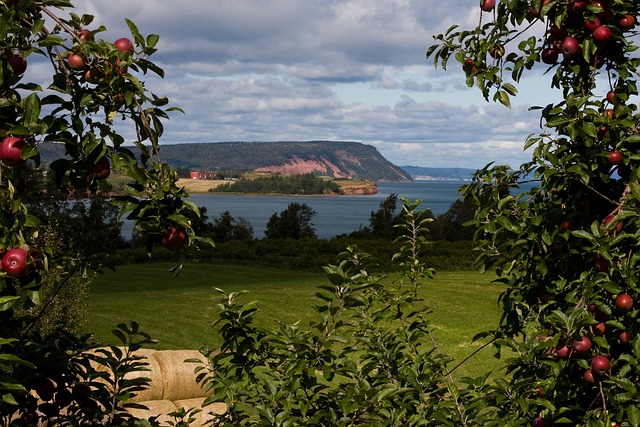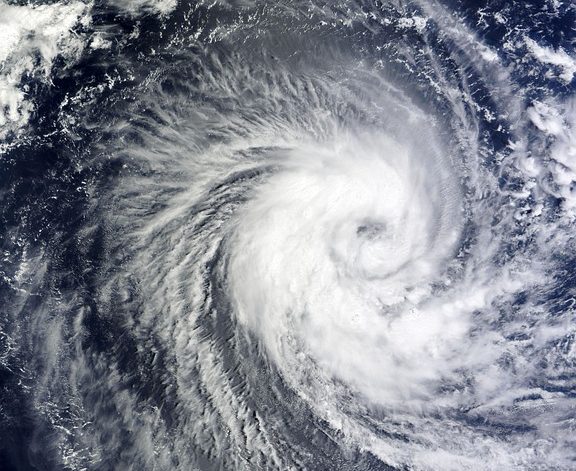Introduction
Bushfire: It is defined as the fire that spreads quickly in a forest or scrub. It is a type of wildfire. Bushfire is the fire that ignites the areas of savannahs, grassland, scrublands, woodland, and bushland.
Bushfires are characterized as uncontrollable and unpredictable fires.
Causes of Bushfire
Bushfire needs an ignition source, oxygen, and fuel. Other factors that trigger the intensity of fire are slope angle, wind speed, moisture content of the fuel, fuel load, and ambient temperature.
The causes of bushfires could include natural environmental events or anthropogenic activities.
- Natural environmental events include lightning that strikes the earth. The lightning ignites the dry plantation and within minutes it spreads in the area. An example of a dry plantation is the golden wattle tree.
- Anthropogenic activities include campfires. People often do not extinguish campfire properly and this results in the bushfire.
Also read: Global Heat Wave and Wildfires – Causes, Effects, Solutions
Incidents of Bushfire around the World
Many incidents of bushfires have been reported last year. Some of them are mentioned below.
- Black summer in Australia is one of the incidents of bushfires that started in 2019 and ended in February. The bushfire caused the death of 3 firefighters and 20 others. An area of 14.8 million acres burned during this incident.
- In India, the forest fire caused the death of three forest officials in the district of Kerala.
- An incident of bushfire was reported in the coastal city of Girne – governed by the Turkish Republic of Northern Cyprus.
- The wildfire incident in Brazil has burned approximately 4.5 million hectares of the Pantanal wetlands.
- The wildfire in Northern California killed three people.
- The forest fire in Algeria killed two people.
For more detailed information, read: 2019-2021 The Years of Wildfires – Causes and Effects
Impacts of Bushfire on the Environment
The impacts of bushfires are destructive. The bushfire causes loss of biodiversity, human lives, livelihoods, and destruction of property and infrastructure. Heavy smoke is generated from large bushfires. The mortality and morbidity rate increases in far-located areas where heavy smoke spreads.
The extent of bushfire costs the economy of the country. The water sources and fauna species are affected by bushfires. The incidents of bushfires may increase the number of endangered species in the area.
Also check out: Threats to Natural Ecosystems – Causes, Effects, Management
Conclusion
The bushfires burn millions of acres. Due to the increasing population people tend to move to areas where the environmental conditions are susceptible to bushfire. Anthropogenic activities responsible for bushfires could be managed by strategy implementation.
Recommendation
The bushfire is a natural catastrophic incident that is unpredictable and uncontrollable. It is recommended that the risk associated with bushfires can be reduced to some extent. Mediatory measures can help out in such a situation.
You might also like: Wildlife Is Already Coping With Effects of Climate Change
I hope you all liked this post! Please comment below if you have any suggestions, comments, or feedback! We at #envpk love hearing from our readers! Thanks!




